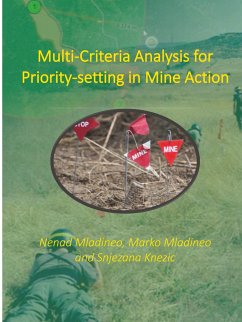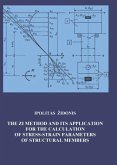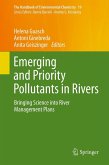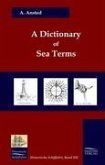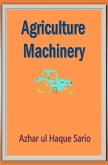In 2016, three pyrotechnicians working on humanitarian demining in Croatia died in action in three separate incidents. These incidents occurred 21 year after the end of the war and armed conflicts in Croatia. In all three incidents casualties were caused by deadly anti-personnel Yugoslavian mines PROM-1, which were 'seeded' during the war in period 1991-1995. These incidents prove that the only thing bad as war itself are remains of war: mines and unexploded ammunition. It is not hard to conclude that mine contamination is one of the main obstacles to economic recovery and other types of progress in mine-affected countries. Therefore, the primary goal of humanitarian demining operations (mine actions) is to clear all suspected minefields and restore them so as to make them available for their previous use. The financial shortfalls result in the need for priority-setting in the mine action process. This book describes and investigates a new approach to priority setting within mine action, with the introduction of a Decision Support System (DSS) for mine action management. The proposed DSS is focused on determining the objective priorities required to reduce the risks stemming from mine contamination. DSS is based on a combination of Geographic Information System (GIS) analysis and a Multi-Criteria Analysis (MCA) in order to enable efficacious mine action management, namely setting humanitarian demining priorities in order to optimally reduce the risk caused by mines. Furthermore, priority-setting based on scientific Multi-Criteria Analysis (MCA), like the PROMETHEE method used in this research, can help overcome the differences in priorities between different stakeholders (local inhabitants, politicians, mine-action experts, donors, etc.). Scientific MCA procedure is a transparent process, thus creates confidence in the whole priority-setting procedure. The idea of having transparent process taking into account all relevant criteria and preferences of the stakeholders is the main idea of this research and it has been presented through three different Case Studies.
Hinweis: Dieser Artikel kann nur an eine deutsche Lieferadresse ausgeliefert werden.
Hinweis: Dieser Artikel kann nur an eine deutsche Lieferadresse ausgeliefert werden.

